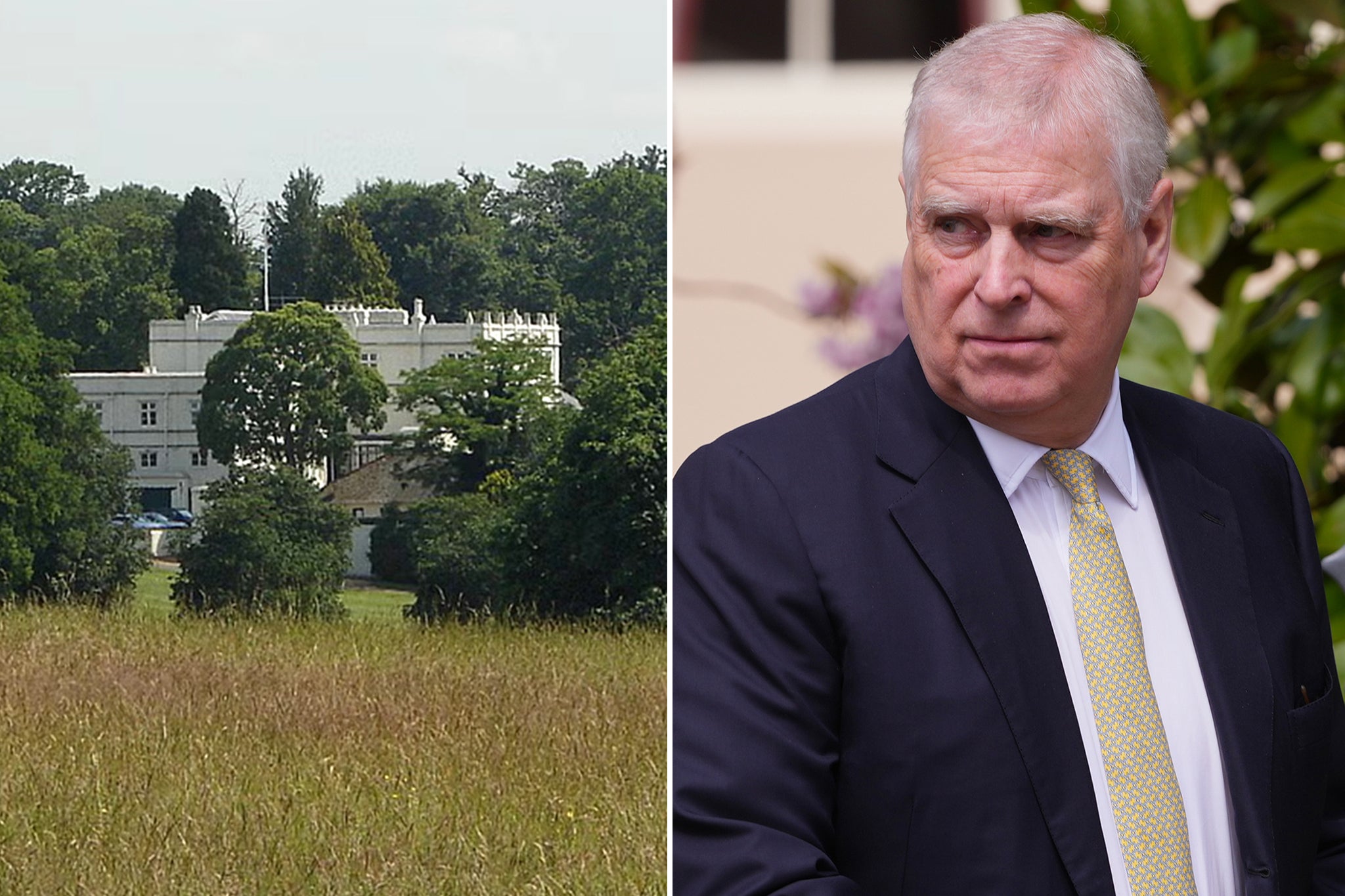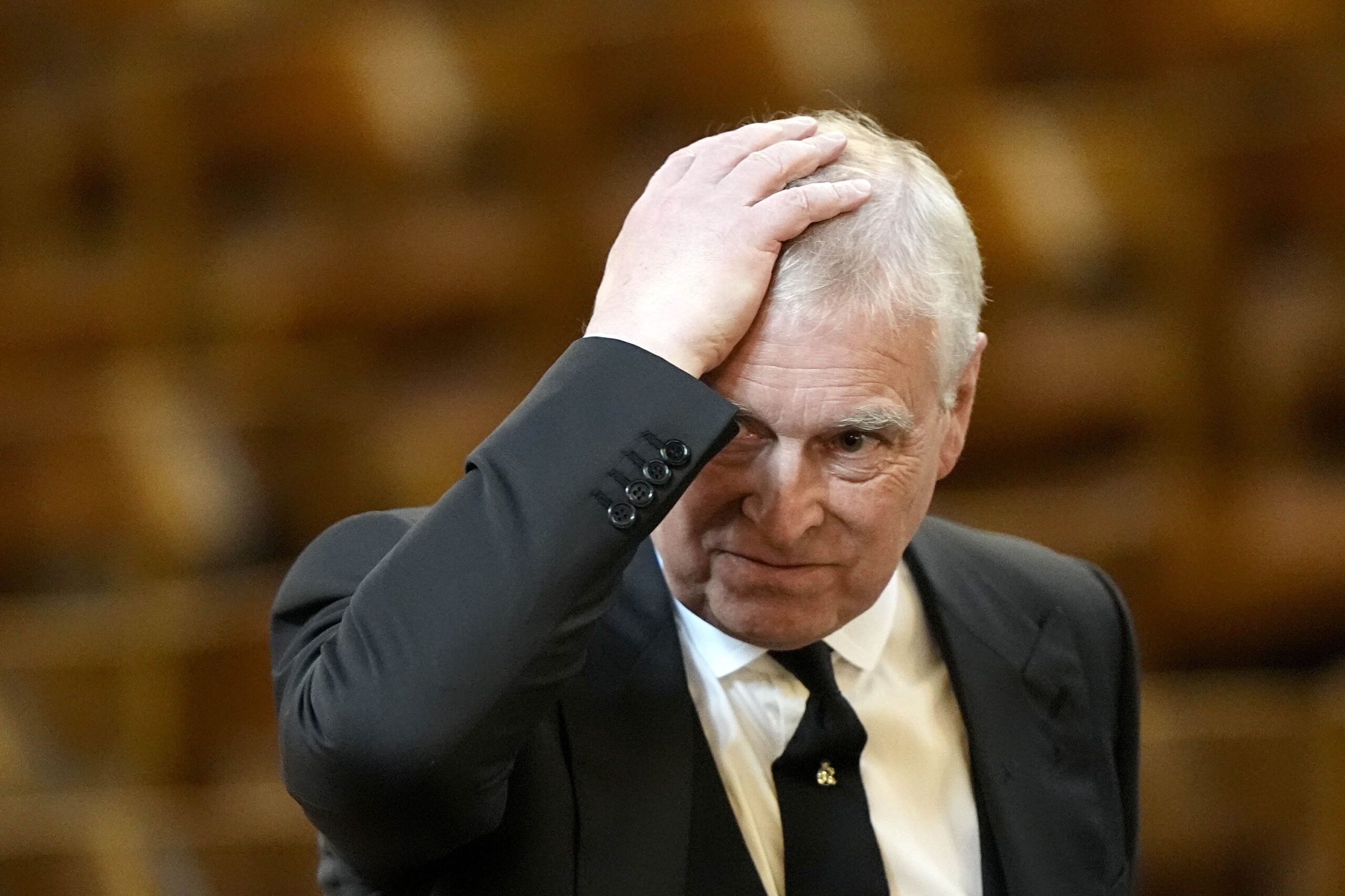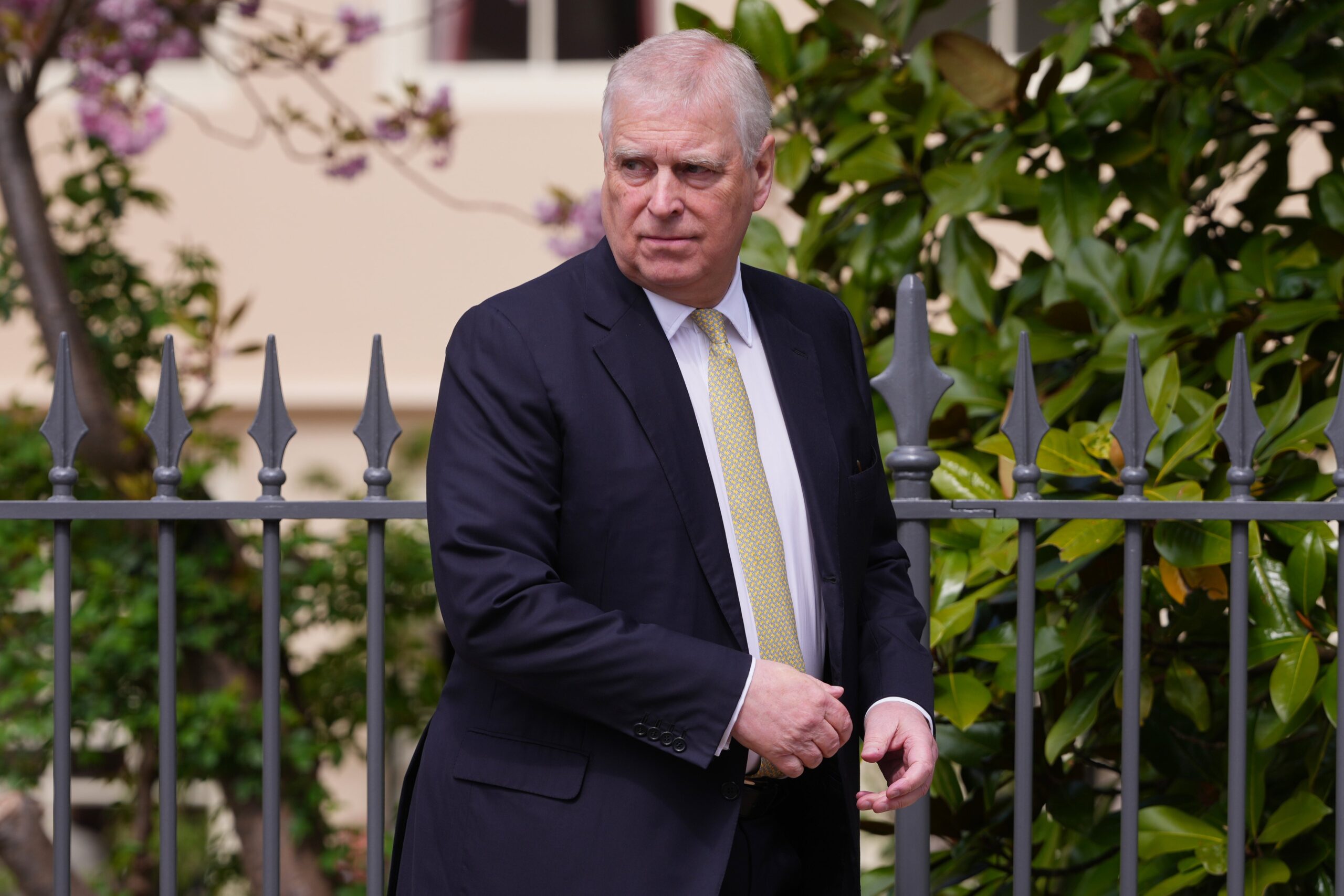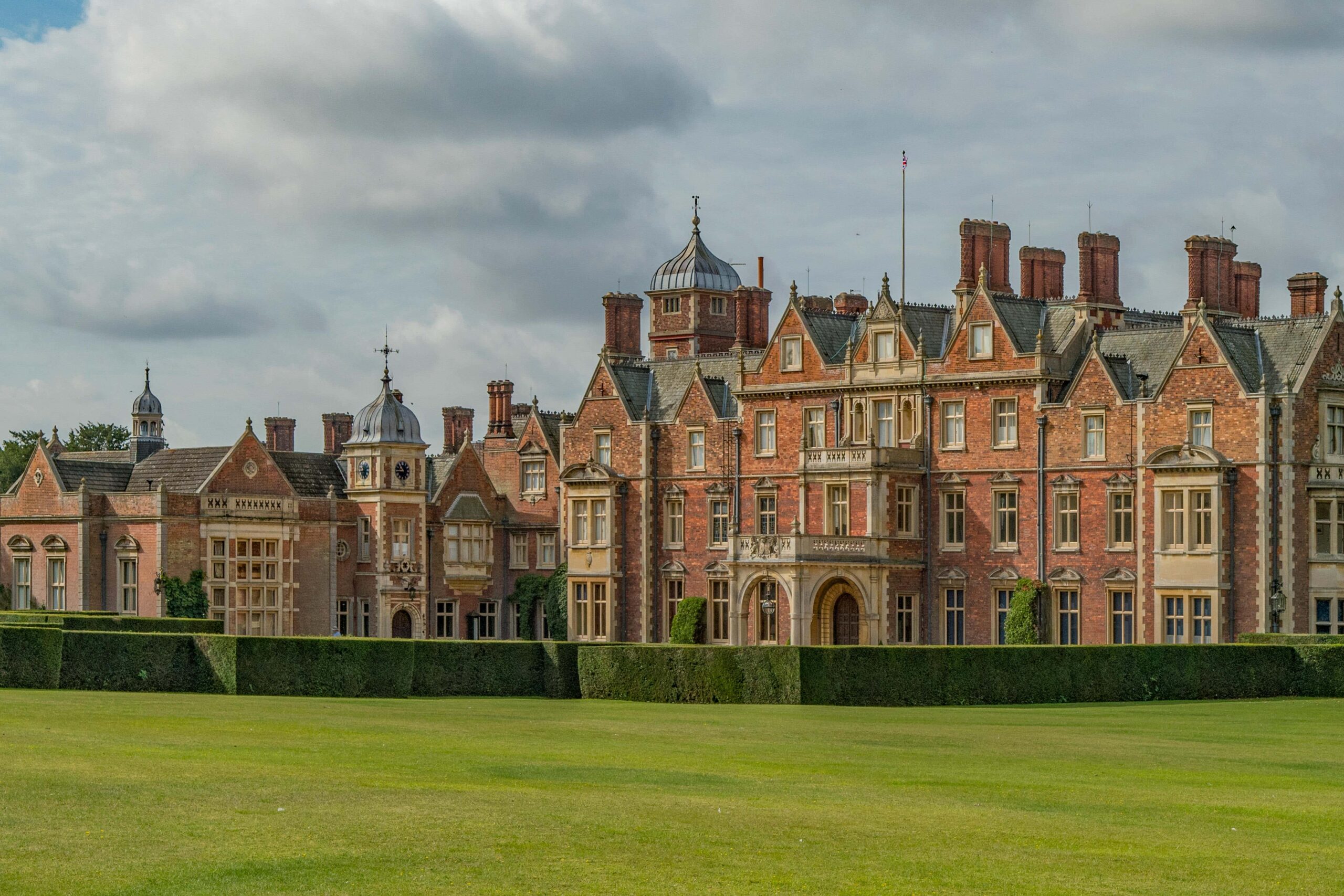Andrew will have until the end of January to leave the Royal Lodge, it is understood, despite being ordered to vacate by the King this week.
In a historic move this week, Charles announced he is to strip all remaining titles from his brother – including “prince” – and will evict him from the 30-room mansion on the Windsor Estate.
It was believed that Andrew’s move to an undisclosed property on the Sandringham estate in Norfolk would take place as soon as practicable.
However, The Independent understands that Andrew will be able to live at the Royal Lodge until early 2026, and that discussions are ongoing over which home on the Sandringham estate he will be moving to.
It is also understood that Sarah Ferguson has made clear that she would not accept, as had been suggested by courtiers in earlier negotiations with Andrew over his departure, any home or financial assistance from the royal family.

Charles’ announcement comes after weeks of intense pressure as his brother’s links to paedophile financier Jeffrey Epstein continue to embarrass the monarchy.
It is understood that although Andrew denies all Epstein accusations, Buckingham Palace considers that there have been “serious lapses of judgement”.
On Friday, it was announced his name had been struck from the official roll of the peerage, marking a key step in formally removing his titles.
Dukes, including the Duke of York, are listed on the roll of the peerage maintained at the Crown Office and, as Lord Chancellor, David Lammy is responsible for maintaining it.

Questions over Andrew’s place in the line of succession are now likely to be asked, experts have said.
He remains eighth in line to the throne, behind Prince Archie and Princess Lilibet of Sussex, despite now being known simply as Andrew Mountbatten Windsor, effectively living as a commoner.
Majesty Magazine’s managing editor Joe Little said: “I’m sure at some point quite soon, somebody will ask, if they’ve not already done so, why he hasn’t been moved from the line of succession.
“Clearly it would take quite a catastrophe for him to become king given all those that are ahead of him. So might it not have been tidier to withdraw him from the line of succession?”

It will be Andrew’s last Christmas in Windsor before he moves to Sandringham, which will be funded privately by the King.
The vast Sandringham Estate includes 16,000 acres of farmland, 3,500 acres of woodland and 150 properties.
According to its website, the estate includes villages and hamlets, including West Newton and Sherborne, and has residential properties in 13 villages, let to people living and working locally.
Three of these are currently listed to let, including a two-bedroom red brick terraced house in Flitcham village, for £975 per calendar month.
Sandringham House, where the King usually spends Christmas, is at the heart of the estate and has been the private home of five generations of British monarchs for more than 150 years.
It was bought in 1862 by the then Prince of Wales, who later became Edward VII, as a private country retreat.

Like Andrew, Edward VII was also marred in scandal. The prince, known as Bertie, had many mistresses, including stage actress Lillie Langtry and Queen Camilla’s ancestor Alice Keppel.
In 1870, the royal voluntarily appeared as a witness in a divorce case when Lady Harriet Mordaunt falsely accused the heir to the throne of being one of her lovers.
The future Edward VII appeared as a witness again in June 1891 – this time in the Tranby Croft Affair case to give evidence on a slander accusation arising from a card game.
Andrew faced a new round of public opprobrium after emails emerged earlier this month showing he had remained in contact with Epstein longer than he had previously admitted.
Palace officials had hoped that forcing Andrew to relinquish his Duke of York title would draw a line under the furore, but pressure grew after publication of Virginia Giuffre’s posthumous memoir and as details of his “peppercorn rent” agreement emerged.
The family of Ms Giuffre, who died by suicide in April, said in a statement that “today, she declares a victory” and that she “brought down a British prince with her truth and extraordinary courage”.
